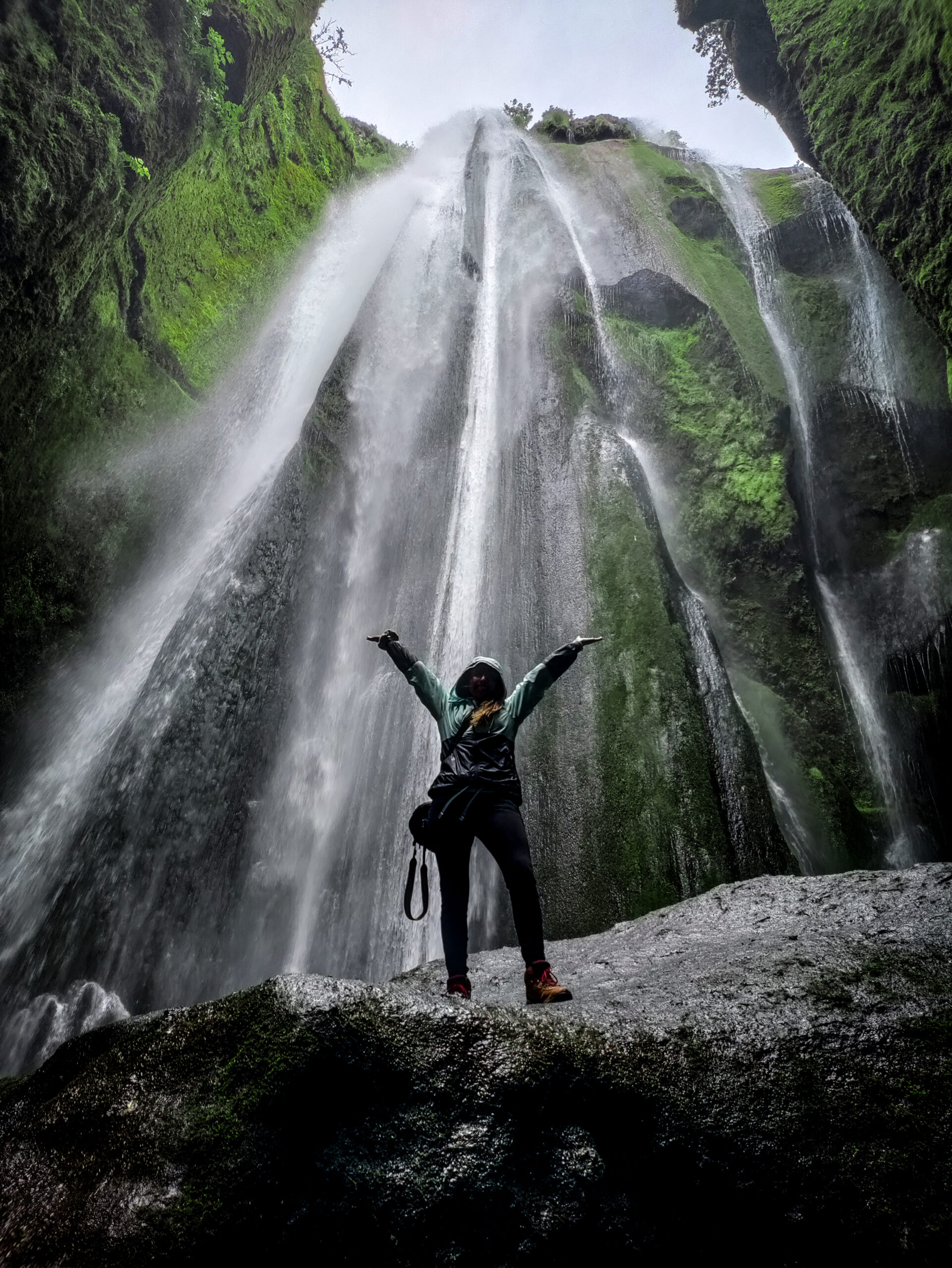Budget Travel Tips
Traveling on a budget doesn’t mean you have to sacrifice quality or adventure. With smart planning, you can explore new places, immerse yourself in different cultures, and create unforgettable experiences without breaking the bank. Here are some essential tips and resources to help you travel affordably.
Plan Ahead and Be Flexible
Booking flights, accommodations, and activities in advance can save you a lot of money. However, flexibility in your travel dates and destinations can unlock even greater savings. Use fare comparison websites like Google Flights, Skyscanner, or Hopper to find the best flight deals. Look for airline stopover deals to visit additional countries for free.
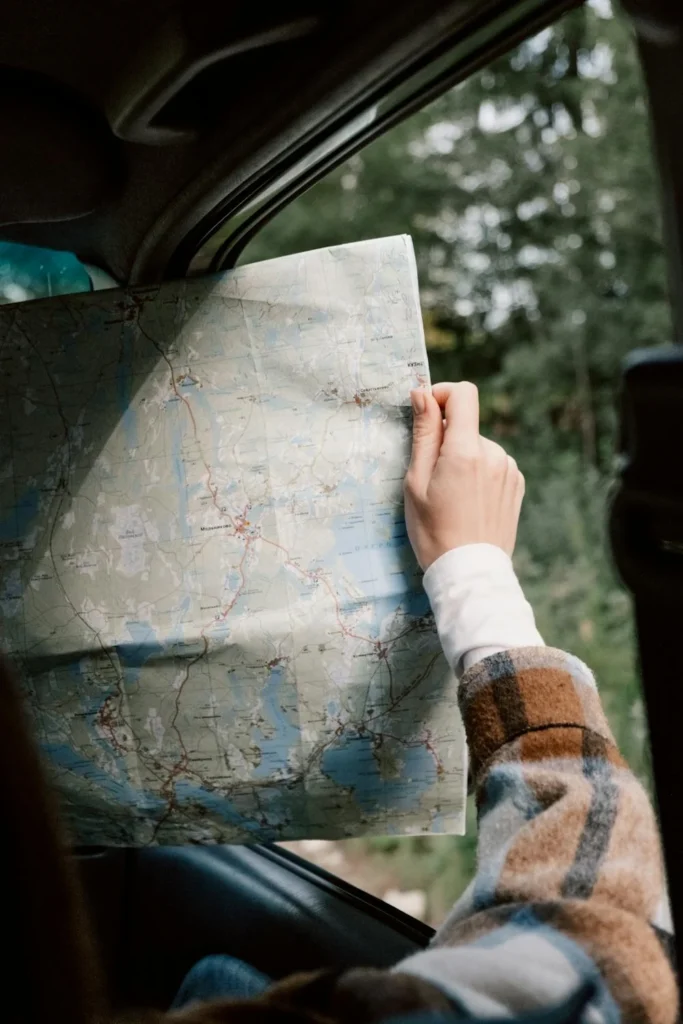
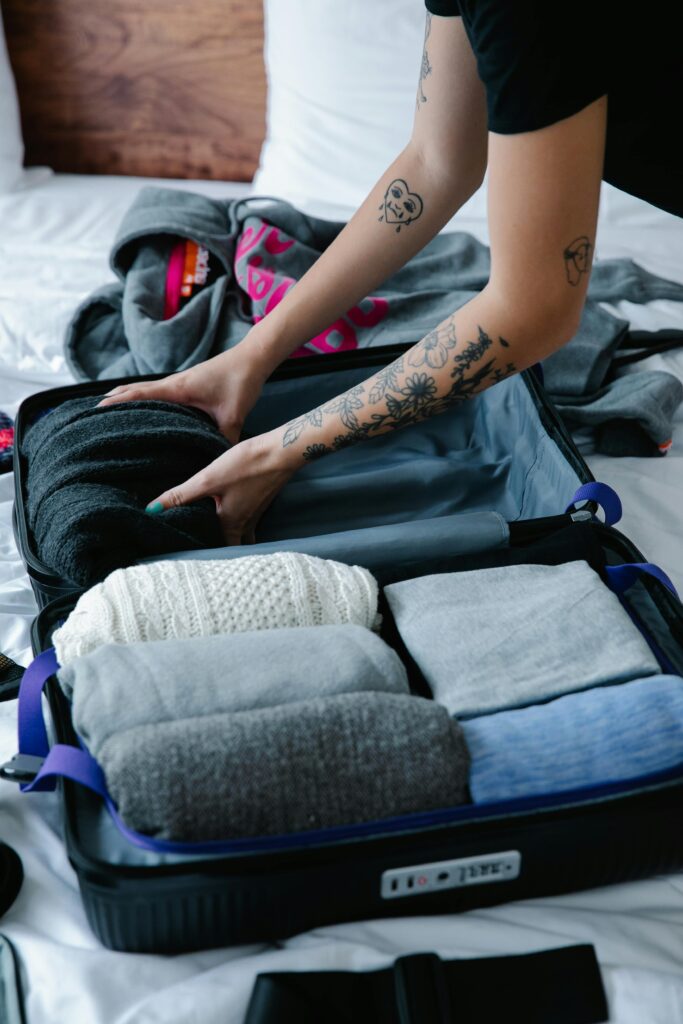
Pack Smart, Pack Light
Limiting how much you travel with can greatly reduce the amount of money you’ll end up spending, especially if you plan on catching several flights. Limit yourself to one carry on item, and if needed, one efficient personal item. Not only will this reduce your luggage fees, but can help avoid headaches like dealing with lost luggage. Also be sure to pack smart; pack all your essentials so you aren’t spending extra cash to pick things up along the way, and leave the unnecessary items at home.
Check out the Gear page to see my recommendations on travel bags.
Choose Affordable Accommodations
Instead of staying in expensive hotels, explore budget-friendly options such as below. I am a big advocate for staying in hostels, not only are they often clean and cheap, but are full of other travelers looking to meet new people.
- Hostels (Hostelworld, HIHostels)
- Short-term rentals (Airbnb, Vrbo)
- Budget hotel chains (Motel 6, ibis, Premier Inn)
- House-sitting (TrustedHousesitters)
- Couchsurfing for free stays with locals

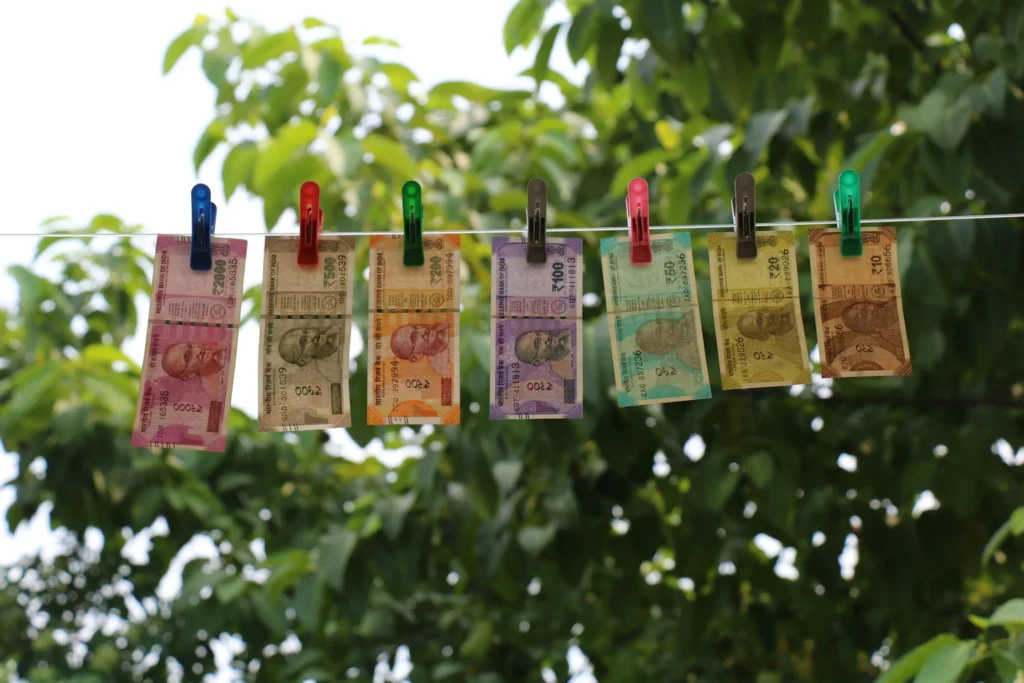
Leverage Travel Rewards and Discounts
Sign up for airline and hotel loyalty programs to earn points for free flights or stays. Credit cards with travel rewards can also provide perks like discounts when purchasing with points, free baggage, lounge access, and cashback on travel-related purchases. Just make sure to be smart with your credit cards and prioritize paying them off every month to avoid fees.
Eat Smart
Save money on food by eating like a local. Street food and local markets often offer delicious, authentic meals at a fraction of restaurant prices. Many accommodations provide free breakfast, and grocery shopping for snacks or simple meals can also help stretch your budget. Choose a self packed picnic in the park over the busy, pricey restaurants.
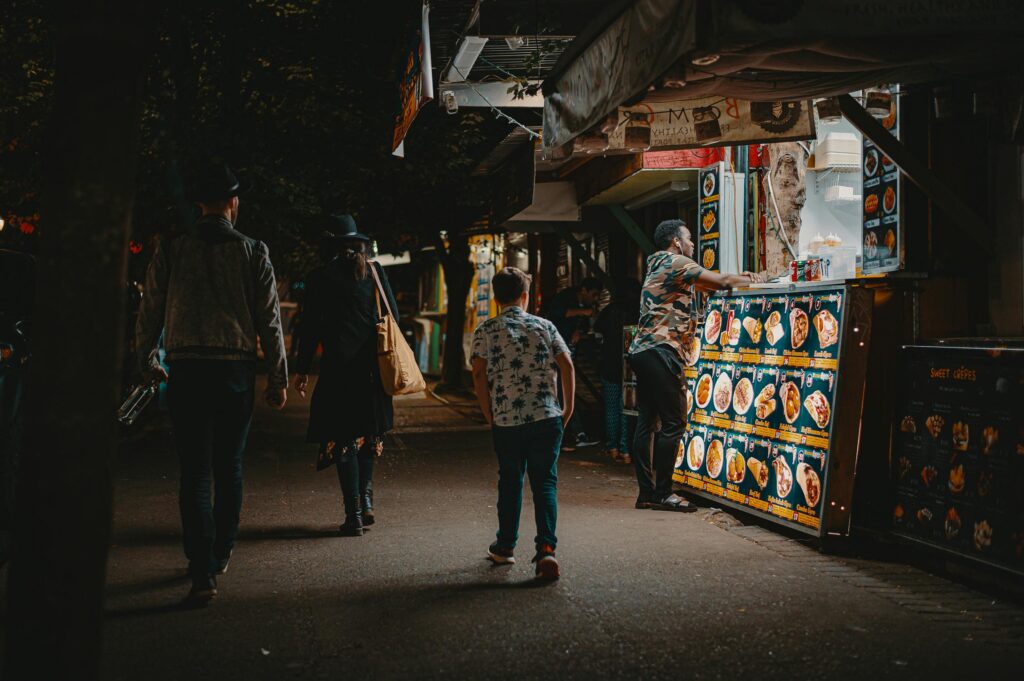
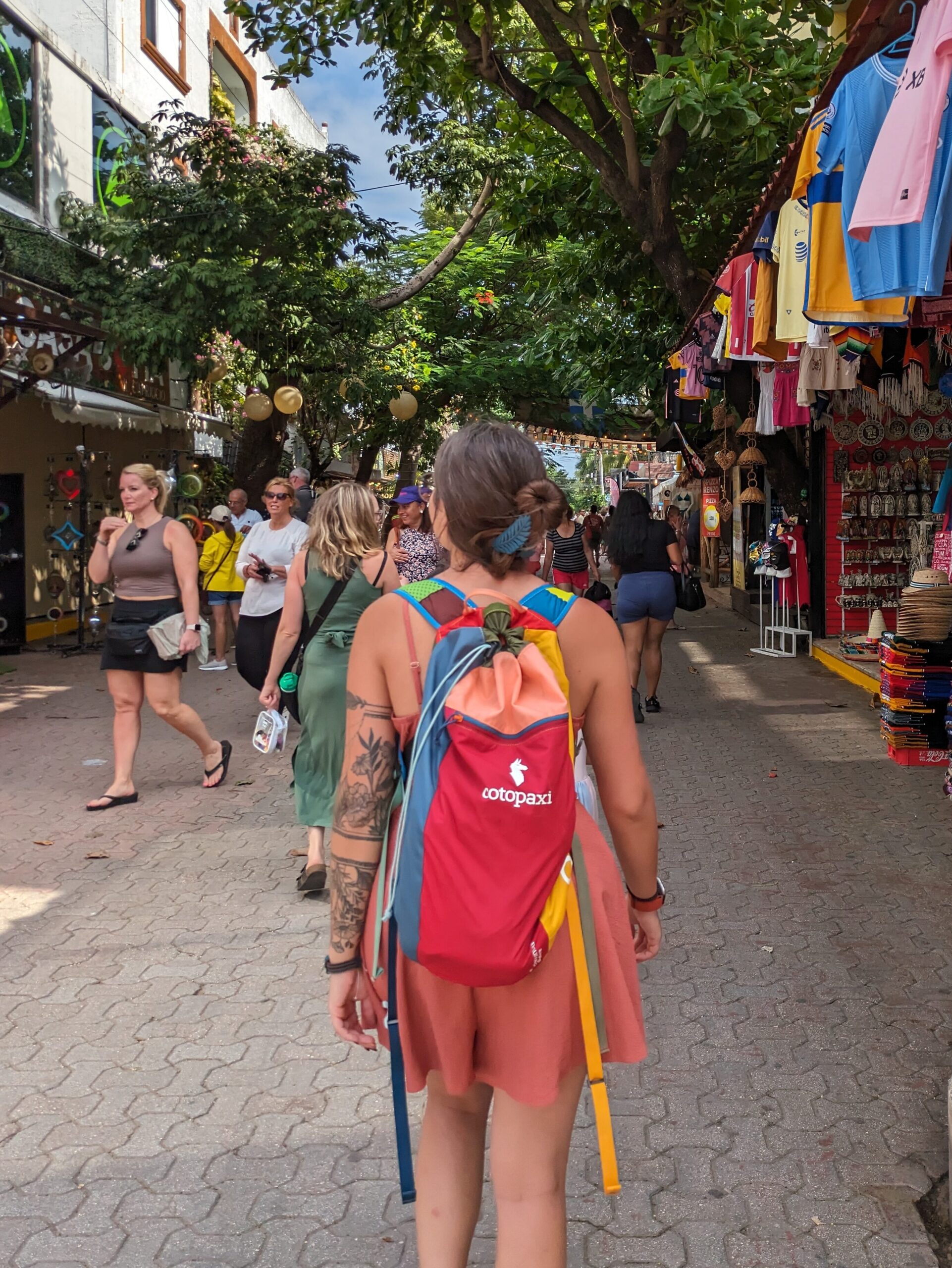
Explore Free and Low-Cost Activities
Many destinations offer incredible experiences that don’t cost a dime. Look for:
- Free walking tours
- Museums with free entry days
- National parks and hiking trails
- Public beaches and historical sites
- Local festivals and cultural events
Travel Off-Peak
Traveling during the off-season can lead to significant savings on flights, accommodations, and activities. Destinations are also less crowded, allowing you to enjoy a more relaxed experience. Just keep in mind that this might mean some attractions will be closed for the season, and you may run into more construction than usual.

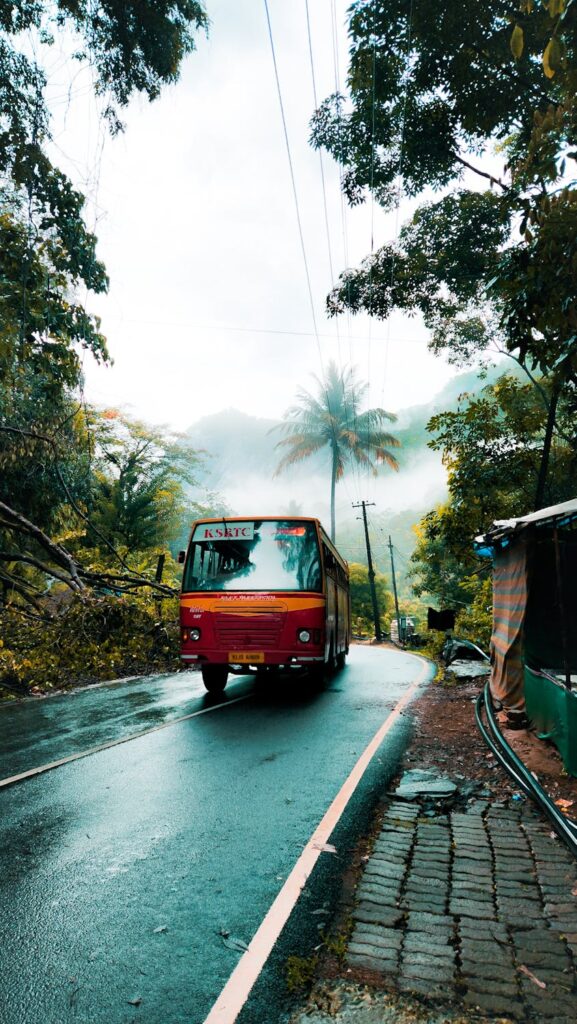
Use Budget Airlines and Alternative Transportation
Budget airlines often have significantly lower fares than full-service carriers. Keep an eye out for flash sales and avoid extra fees by packing light. Instead of taxis or rental cars, use public transportation to get around affordably. Many cities offer tourist travel passes that provide unlimited rides on buses, trams, or subways for a set price.
Stay Connected Without High Costs
Avoid expensive roaming charges by using local SIM cards, free Wi-Fi hotspots, or international data plans from providers like Google Fi or Airalo eSIM. While it may sound like a nice idea to be disconnected from your phone on vacation, having access when you need it can help avoid disasters and extra costs.


Work or Volunteer While Traveling
If you plan to travel for an extended period, consider working or volunteering in exchange for accommodation and often meals as well. Platforms like Workaway, WWOOF, and Worldpackers connect travelers with hosts who offer free lodging in exchange for work. You can also find programs that offer language exchanges and more.
Travel Safety Tips
Traveling is an exciting experience, but proper preparation and safety precautions are essential to ensure a smooth, safe, and enjoyable trip. Here’s a guide on what you should always check and do before traveling and how to stay safe during your journey.
Before Leaving
Smart Traveler Enrollment Program (STEP)
Enroll in this U.S. government service providing real-time safety alerts for travelers abroad. If any State Department emergencies arise while you are traveling, alerts will provide where to avoid, where to go for help, and notify your emergency contacts.
Research Local Laws and Customs
Understanding cultural norms, local laws, and regulations can help you avoid misunderstandings and legal trouble. Some destinations have strict rules about dress codes, behavior, or restricted items.
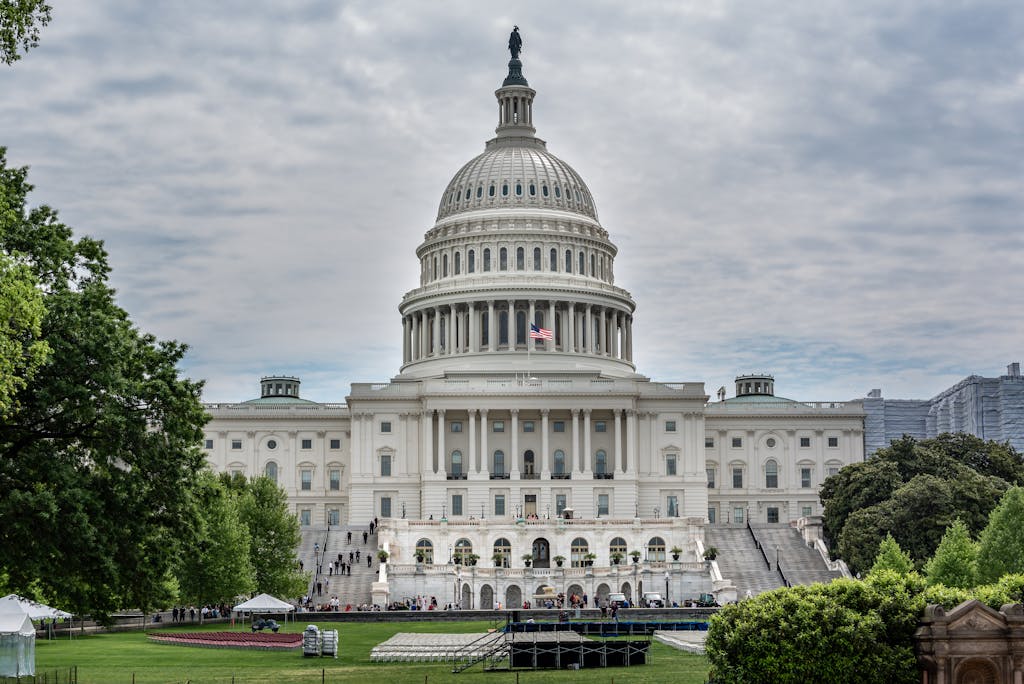
Digital Translators
If you are traveling to a country that uses a language other than the one(s) you are fluent it, be sure to have a good translator app with you. The Google Translate app allows you to download multiple languages which can be essential for overcoming language barriers in offline scenarios. Many languages even have a camera translate option so you can easy translate signs and menus with a quick picture.
Download Maps
Download comprehensive maps of the regions you are going to be traveling in and through. You may find yourself turned around and without cell reception, and a good offline map will be a lifesaver. MapsMe and Google Maps allow you to download multiple large region maps.
Check Health and Vaccination Requirements
Some countries require specific vaccinations or health documents for entry. Check the CDC or WHO websites for recommendations and carry any required health certificates.
Consider Travel Insurance
Investing in a reliable travel insurance plan that covers medical emergencies, trip cancellations, and lost or stolen belongings can help avoid financial headaches. However, a combination of personal health insurance and travel credit card benefits may already provide you these protections for no additional costs, so be sure to do your research and decide what coverage is right for you.
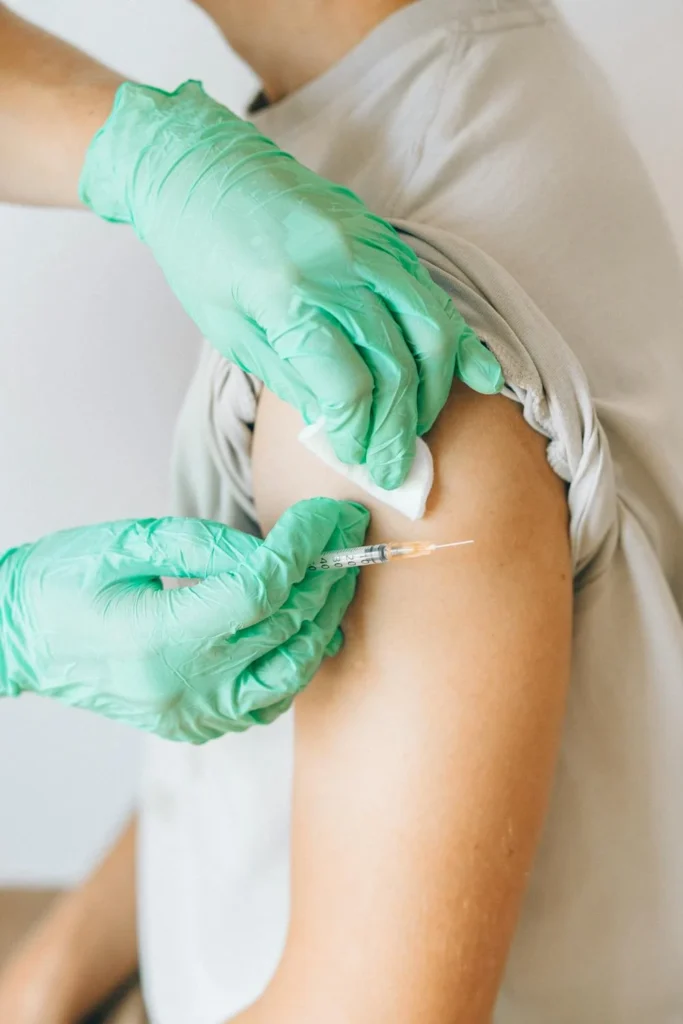
Staying Connected
Consider how you will be staying in touch and accessing information/internet. These apps are all great options:
Google Fi – International phone plans with data coverage.
Airalo – eSIM service providing affordable global data packages.
Local SIM – You can pick up a local SIM card at most airports and many train/bus stations. You may even find them at your hotel/hostel.
WhatsApp – Free messaging and calling app for staying in touch (cell service or WIFI needed).
Skyroam / Solis – Portable Wi-Fi hotspot devices for global internet access.
Currency Conversion
Keep current with the currency rates where you are traveling to avoid over spending. You can download apps like XE Currency to track multiple currencies at a time. Just keep in mind that these rates are constantly changing, and banks and currency exchanges will often be using a different (usually more expensive) rate.
Check Passport and Visa Requirements
Ensure your passport is valid for at least six months beyond your return date. If your passport is in rough condition, consider getting a replacement as some countries will not accept damaged passports. Research visa requirements for your destination and apply well in advance if necessary.
Notify Your Bank and Set Up Payment Options
Inform your bank and credit card providers of your travel plans to prevent your credit or debit cards from being flagged for suspicious activity. Consider carrying multiple payment methods, including cash, cards, and digital wallets.
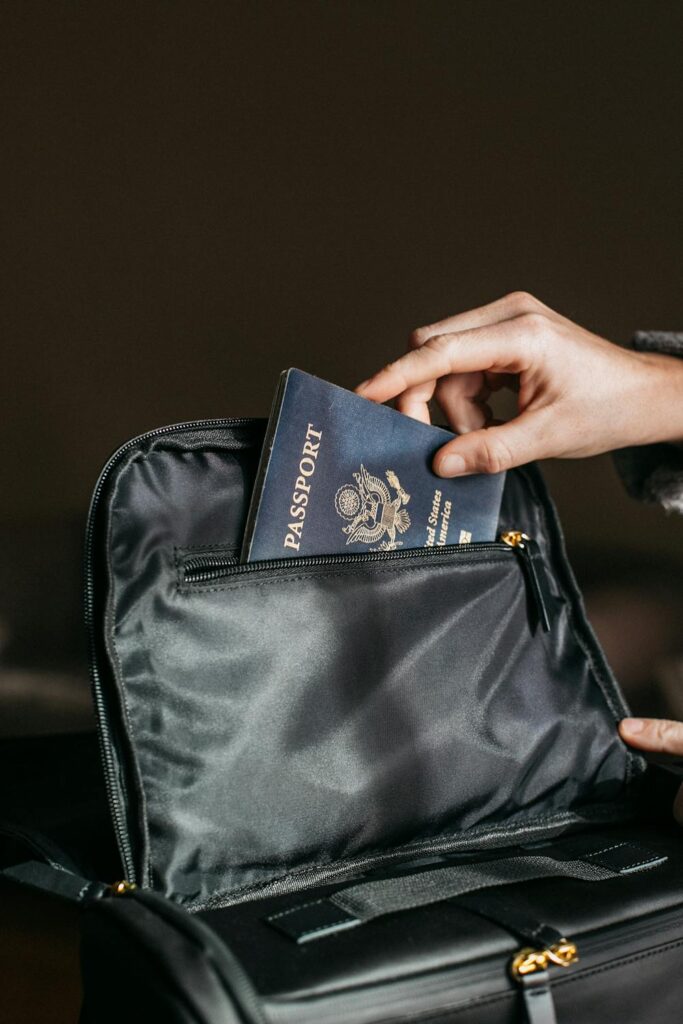
Make Copies of Important Documents
Photocopy your passport, visa, travel insurance, and important contacts. Store copies digitally in cloud storage (Google Drive, Dropbox) and keep physical copies separate from the originals.
Share Your Itinerary with Family or Friends
Let someone that you trust know your travel plans, including flight details, accommodations, and emergency contact information. This ensures someone can reach you if needed. But also be careful who you share this info with, avoid posting this information online to avoid risking any unwanted following.
While Traveling
Stay Aware of Your Surroundings
Be vigilant in crowded places, especially in tourist areas where pickpockets operate. Keep valuables secure and be cautious of scams targeting travelers.
Use Secure Transportation Options
Avoid unlicensed taxis and rides from strangers. Opt for official taxis, rideshare apps, or public transport. Confirm the driver’s identity and destination before getting into a vehicle.
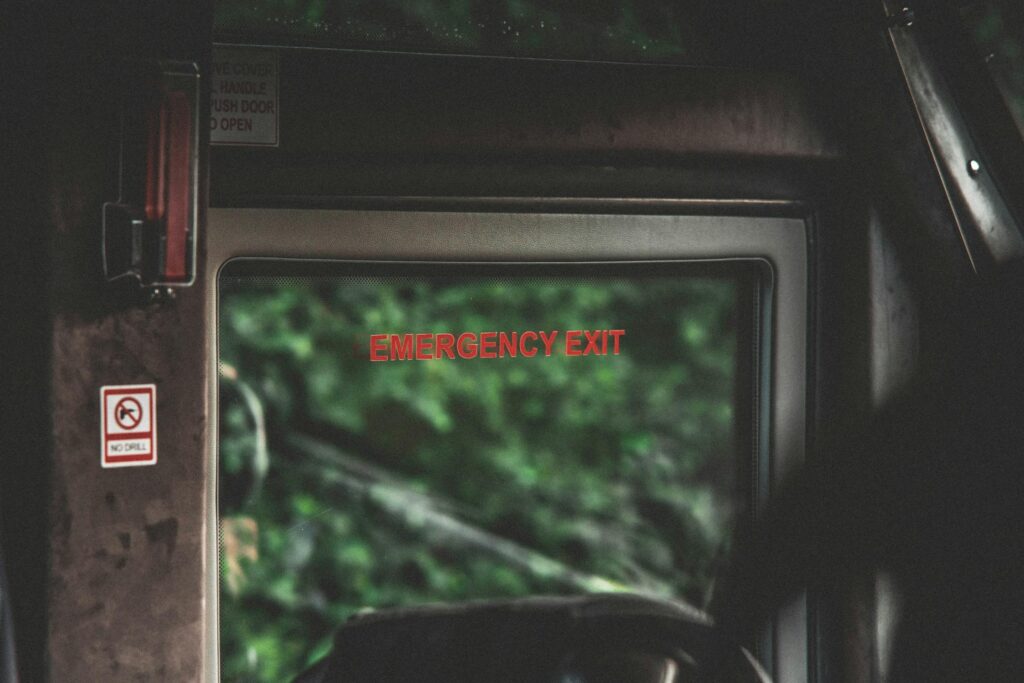
Have a Backup Plan for Emergencies
Know the location of the nearest embassy, hospital, and police station. Carry a small first-aid kit and have emergency contacts accessible.
Medical Assistance
Be aware of where you can seek medical help if needed. Know where nearby hospitals are and know what medical assistance your insurance does or does not cover. For many common, low threat conditions, you can use virtual medical providers like Doctorsa.com and even get local prescriptions.
Keep Your Belongings Safe
Use anti-theft backpacks, money belts, or hidden pouches to store important items like passports and money. See my Gear page for bags that I recommend. Keep your passport locked in your room and only carry an ID card unless crossing borders. Keep backup credit/debit cards and cash locked in your room. Avoid displaying expensive jewelry or electronics.
Stay Connected with Emergency Contacts
Be sure to have international service on your phone and to keep it charged. Bring a portable charger. Know the local emergency numbers and have your accommodation details saved on your phone.
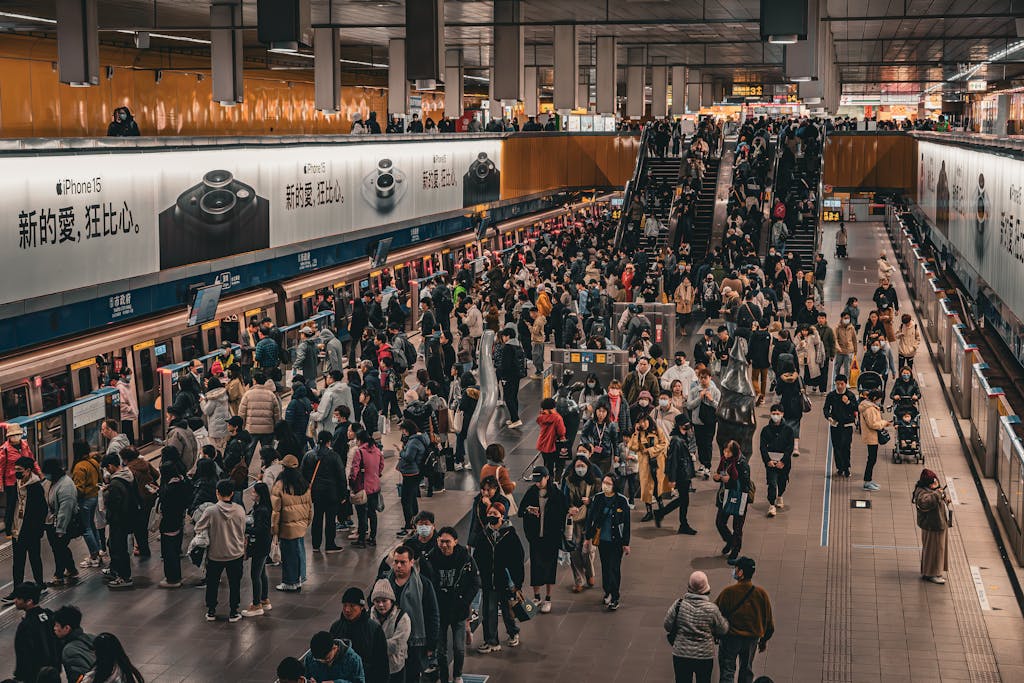
Respect Local Laws and Traditions
Follow local customs and dress codes to avoid drawing unwanted attention. Some countries have strict rules regarding public behavior and photography.
Keep a Low Profile
Blend in as much as possible by dressing modestly and avoiding loud conversations in foreign languages. This can help you avoid being targeted as a tourist. Avoid displaying expensive jewelry or electronics.
Trust Your Instincts and Avoid Risky Areas
If a place or situation feels unsafe, trust your gut and leave immediately. Research neighborhoods in advance to avoid high-crime areas.
Be Cautious with Food and Water
To prevent foodborne illnesses, eat at reputable establishments and avoid street food in unhygienic conditions. Research if tap water is safe for travelers to consume. Drink bottled or filtered water in areas where tap water isn’t safe.
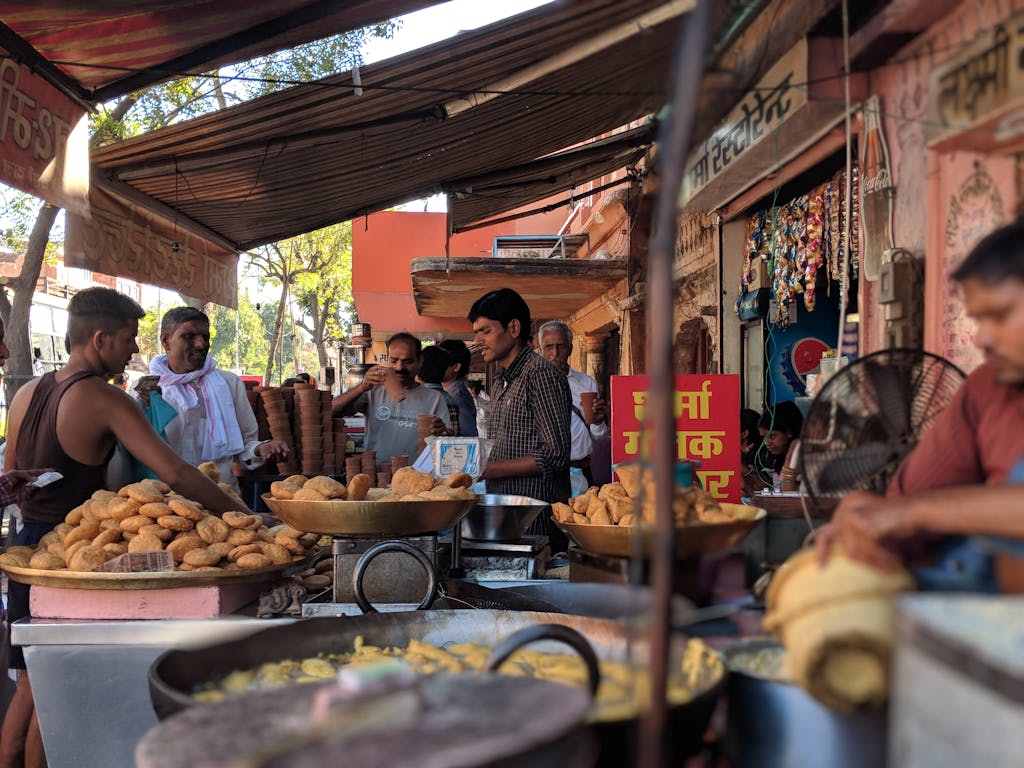
Always Check Weather and Road Conditions
Check conditions often and from multiple sources. Many countries don’t have very accurate weather predictions, so be prepared for multiple conditions. Also check SafeTravel.is before setting out each day for more local safety alerts.
Use ATMs and Money Exchanges Wisely
Withdraw cash from ATMs inside banks or well-lit areas. Avoid exchanging money at unofficial vendors to prevent scams or counterfeit bills.
Other Useful Resources
U.S. Department of State – Travel Advisories Stay informed about the safety and security conditions of your destination. The State Department provides up-to-date travel advisories, visa requirements, and the opportunity to enroll in the Smart Traveler Enrollment Program (STEP) for real-time updates.
Centers for Disease Control and Prevention (CDC) – Traveler’s Health Access comprehensive health information, including recommended vaccinations, health notices, and tips to stay healthy abroad.
International Association for Medical Assistance to Travelers (IAMAT) For a donation, IAMAT provides lists of approved healthcare facilities worldwide and general information on travel medicine topics and health insurance.
Joint Commission International – World Hospital Search Locate JCI-accredited hospitals globally to ensure access to quality medical care during your travels.
Overseas Security Advisory Council (OSAC) Obtain detailed safety and security information, including country-specific reports and alerts.
Pre-Travel Checklist
Planning an international trip is exciting—but it also comes with a lot of moving parts. From booking flights to packing the right gear, it’s easy to overlook something important in the rush. That’s why I created this all-in-one Pre-Travel & Packing Checklist to help you stay organized, feel confident, and travel smarter.
Whether you’re a seasoned globetrotter or heading abroad for the first time, this checklist covers everything from essential documents and health prep to what to pack in your suitcase. Print it out, check it off, and focus on what really matters—enjoying your adventure!
Essential Documents
- Passport
- Boarding pass / flight tickets
- Travel insurance info
- Visa (if needed)
- Credit/debit cards + cash
- Printed & digital copies of key documents
- Emergency contacts & itinerary
- International Driving Permit
- Vaccine cards
Clothing
- Casual tops
- Pants/shorts
- Dressy outfits
- Underwear and socks
- Pajamas
- Comfortable walking shoes
- Sandals or flip-flops
- Light jacket or sweater
- Rain jacket or umbrella
- Swimwear
- Workout clothes
- Weather-appropriate accessories (hat, gloves, scarf)
Toiletries
- Toothbrush, toothpaste, floss
- Shampoo/conditioner & soap
- Deodorant
- Razor + shaving cream
- Moisturizer & sunscreen
- Lip balm with SPF
- Hairbrush or comb
- Feminine hygiene products
- Contacts/glasses
- Tissues & wipes
- Nail clippers & tweezers
- Any prescription meds
- Mini first-aid kit
Electronics
- Phone + charger
- Power bank
- Plug adapter
- Headphones/earbuds
- E-reader / tablet
- Laptop (if needed)
- SIM card or eSIM
- Optional: camera + memory card
Other Travel Essentials
- Daypack / mini backpack
- Travel pillow, eye mask, earplugs
- Reusable water bottle
- Snacks
- Travel laundry bag / packing cubes
- Ziploc bags for storage/leaks
- Lightweight towel
- Safety whistle, lock, RFID wallet
Missing something? Let me know!

